Saleem Shahzad’s murder: The Fourth Estate calls ISI statement into question
Hameed Haroon says he received the same email Shahzad sent to Human Rights Watch representative.
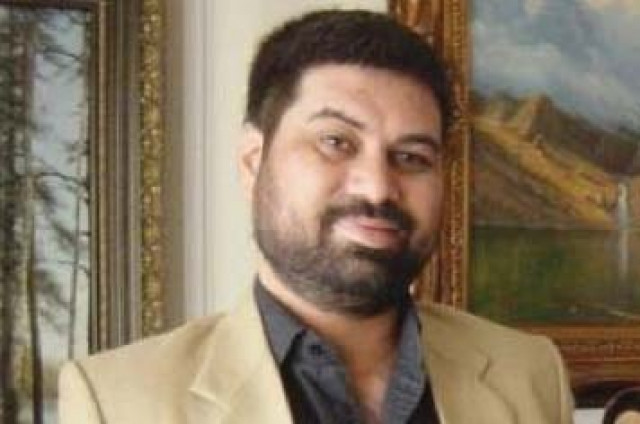
Saleem Shahzad’s murder: The Fourth Estate calls ISI statement into question
A day after the Inter-Services Intelligence (ISI) Agency denied allegations of its involvement in the murder of journalist Saleem Shahzad, the head of a prominent journalist body and members of the press contested the agency’s denial, calling for a thorough and independent investigation into the gruesome killing.
“I wish to state on record that the email in the possession of Ali Dayan Hasan, the monitor for Human Rights Watch (HRW), is indeed one of the three identical emails sent by Shahzad to his employers [Asia Times Online] and to his former employer, myself. I also wish to verify that allegations levelled by HRW at the ISI are essentially in complete consonance with the contents of the slain journalist’s email,” said president All Pakistan Newspapers Society (APNS), Hameed Haroon in a statement issued on Thursday.
On Wednesday, APP quoted an ISI official as saying, “Shahzad’s reported email to Ali Dayan Hasan of HRW, which is being made the basis of baseless allegations levelled against the ISI, has no veiled or unveiled threats in it.”
Haroon, who is also chief executive of Dawn group of newspapers, added, “I wish to state on record for the information of the officers involved in investigating Shahzad’s gruesome murder that the late journalist confided in me and several others that he had received death threats from various officers of the ISI on at least three occasions in the past five years. Whatever the substance of these allegations, they form an integral part of Shahzad’s last testimony,” adding, “Shahzad’s purpose in transmitting this information to three concerned colleagues in the media was not to defame the ISI but to avert a possible fulfilment of what he clearly perceived to be a death threat.”
The APNS president stated that whether it was Shahzad’s meeting with ISI officials in October last year, or his last article in Asia Times Online that hastened his murder, it was for the official investigation to uncover but “nobody, not even the ISI, should be above the law”.
Prominent journalist Najam Sethi said he fully supports Haroon’s assessment, adding that if the ISI is indeed not involved in Shahzad’s murder, it should investigate the matter and bring the culprits to book as it is fully capable of doing so.
Sethi said that if the ISI is unwilling to probe the case, Shahzad’s killing will “continue to haunt it”.
Former secretary-general of the Pakistan Federal Union of Journalists, Mazhar Abbas too expressed similar sentiments saying that if the ISI is in fact not involved then the agency and the government have the power to constitute an independent commission to probe the case, and they should do so.
“The ISI’s role in the case came to the forefront because of the email Shahzad sent to Ali Dayan. So it is only natural for the investigation to begin from that point.”
Abbas said this could well be an act of a few individuals which could be ascertained if a judicial commission were to investigate the matter.
He, however, said that the ISI shouldn’t have issued a statement denying its involvement in Shahzad’s murder but should have presented its case in front of an investigating body as this puts pressure on any probe team that will not be able to formally question the agency, since it has already made its version public.
Published in The Express Tribune, June 3rd, 2011.

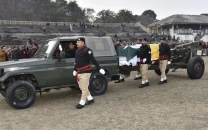
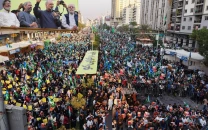
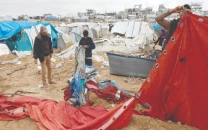

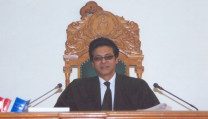
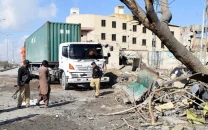












COMMENTS
Comments are moderated and generally will be posted if they are on-topic and not abusive.
For more information, please see our Comments FAQ